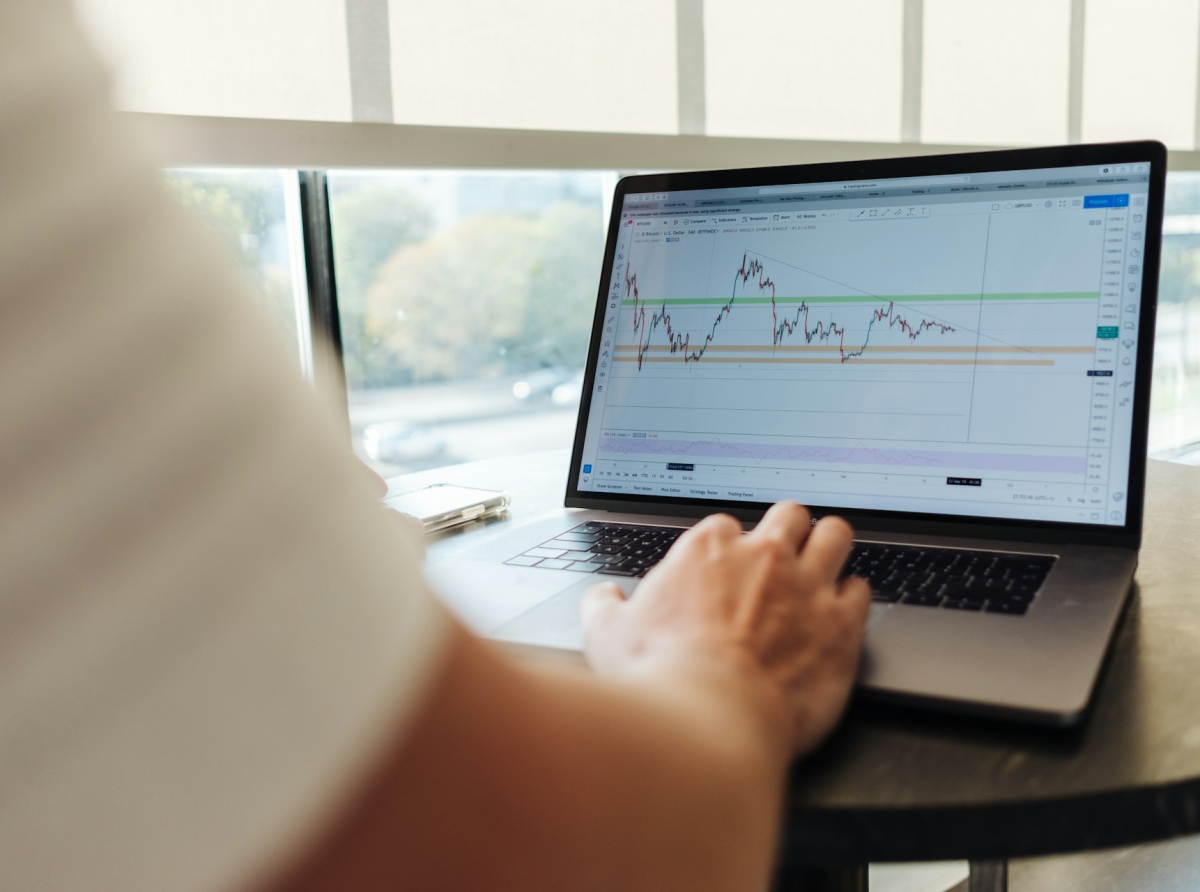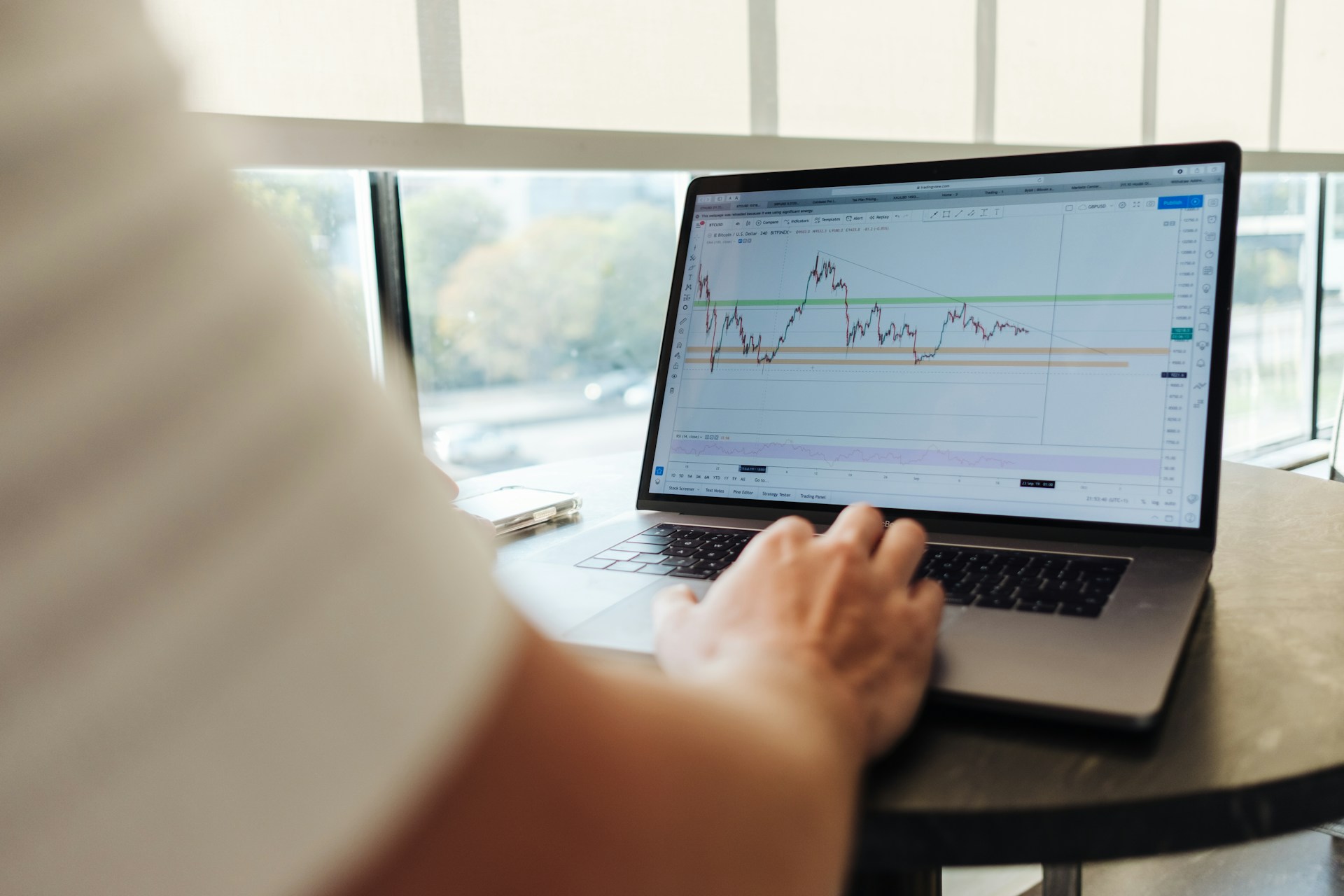Transfer Your Account to Another Broker: What You Need to Know

Transfer Your Account to Another Broker: What You Need to Know
Transferring your investment account from one broker to another is a significant decision that can impact your financial health and investment strategies. Understanding the process, reasons, and potential challenges involved can help you make an informed choice that aligns with your financial goals.
When considering transferring your account to another broker, it’s crucial to understand the entire process to avoid any pitfalls or disruptions in your investment activities. This essay will provide a detailed overview of why people choose to transfer their accounts, the steps involved in doing so, and how to navigate potential challenges effectively. By doing so, you’ll be better prepared to make a seamless transition that benefits your financial future.
When considering transferring your account to another broker, it’s crucial to understand the entire process to avoid any pitfalls or disruptions in your investment activities. This essay will provide a detailed overview of why people choose to transfer their accounts, the steps involved in doing so, and how to navigate potential challenges effectively. By doing so, you’ll be better prepared to make a seamless transition that benefits your financial future.

Transfer Your Account to Another Broker: What You Need to Know
Reasons for Transferring Accounts
There are several compelling reasons why investors might decide to transfer their accounts:Seeking Better Services or Fees
One of the primary motivations for transferring an account is the pursuit of better services or more competitive fees. Different brokers offer varying fee structures, which can significantly affect your overall returns. Lower transaction fees, reduced annual charges, or more favorable margin rates can make a substantial difference over time.
Improved Technological Features
In today’s digital age, the technology offered by brokers plays a crucial role in managing investments efficiently. Some brokers provide advanced trading platforms with real-time data analytics, sophisticated charting tools, and automated trading options. If your current broker’s technology feels outdated or lacks essential features, switching to a broker that offers cutting-edge tools can enhance your trading experience and performance.
Access to Different Investment Options
Investment diversity is another key factor driving the decision to transfer accounts. Some brokers may offer access to a broader range of investment products such as international stocks, bonds, mutual funds, ETFs, or even alternative assets like cryptocurrencies. Having access to diverse investment options allows you to create a more balanced and resilient portfolio.
Steps Involved in Transferring Accounts
Transferring your account involves several key steps:Researching and Selecting a New Broker
Before initiating the transfer process, conduct thorough research to find a broker that meets your specific needs. Consider factors like fees, services offered, technological capabilities, customer support quality, and reviews from other investors. Comparing multiple brokers will help you identify the best fit for your financial goals.
Initiating the Transfer Process
Once you’ve selected a new broker, you need to initiate the transfer process. This typically involves filling out an account transfer form provided by the new broker. The form will require information about your current brokerage account and specific instructions on which assets should be transferred.
Completing Necessary Documentation
Completing all required documentation accurately is crucial for ensuring a smooth transfer. Double-check all forms for errors or omissions that could delay the process. In some cases, you may need to provide additional documents such as identification proof or recent account statements.
Potential Challenges and How to Overcome Them
While transferring accounts can offer numerous benefits, there are potential challenges you might face:Delays in the Transfer Process
Transfers can sometimes take longer than anticipated due to various factors such as administrative backlogs or communication issues between brokers. To mitigate delays, ensure all documentation is complete and accurate before submission and maintain regular communication with both brokers throughout the process.
Possible Fees and Charges
Some brokers may impose fees for transferring accounts out of their platform. These could include exit fees or charges for transferring specific assets like mutual funds or bonds. It’s important to review these costs beforehand and factor them into your decision-making process.
Ensuring All Assets Are Accurately Transferred
During the transfer process, there’s always a risk of errors such as missing assets or incorrect valuations being carried over. To prevent this issue:
- Keep detailed records of all holdings before initiating the transfer.
- Cross-check asset values once transferred.
- Contact both brokers immediately if discrepancies arise so they can be rectified promptly.
Transferring an investment account requires careful planning but offers significant opportunities for optimizing service quality & fee structure while accessing superior tech features & diverse investments options!
In summary;
1. Research thoroughly when selecting new brokerage
2. Be meticulous completing necessary documentation
3. Proactively manage potential challenges like delays/fees/assets accuracy By following these steps & considering outlined factors above; Investors stand best chance making informed decisions resulting optimal outcomes during transition!
Brokerage transfer, Investment accounts, Financial planning, Account transition, Fee structure
In summary;
1. Research thoroughly when selecting new brokerage
2. Be meticulous completing necessary documentation
3. Proactively manage potential challenges like delays/fees/assets accuracy By following these steps & considering outlined factors above; Investors stand best chance making informed decisions resulting optimal outcomes during transition!
Brokerage transfer, Investment accounts, Financial planning, Account transition, Fee structure









Report
My comments